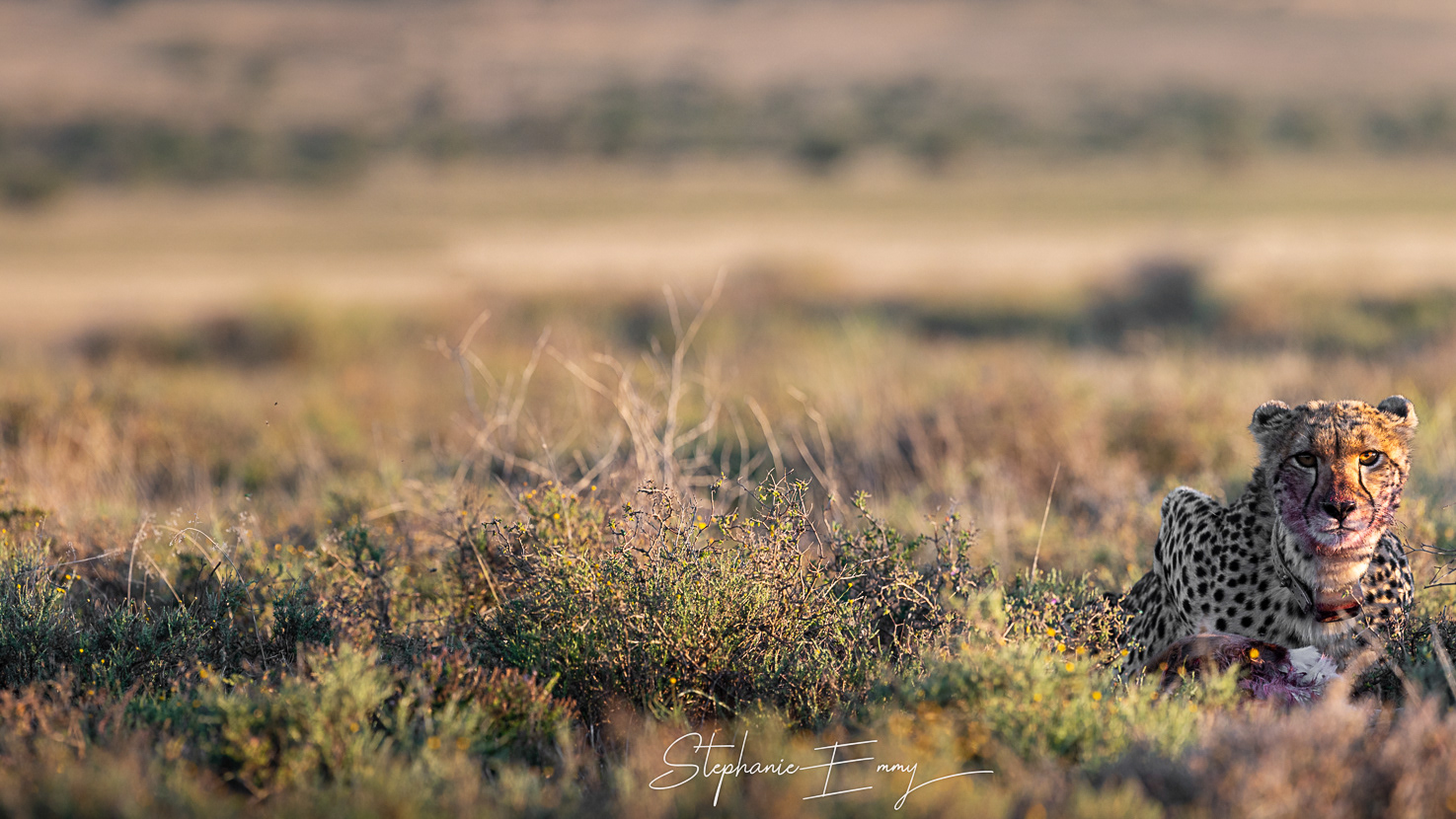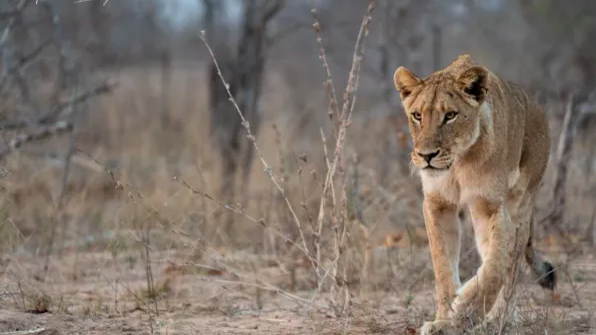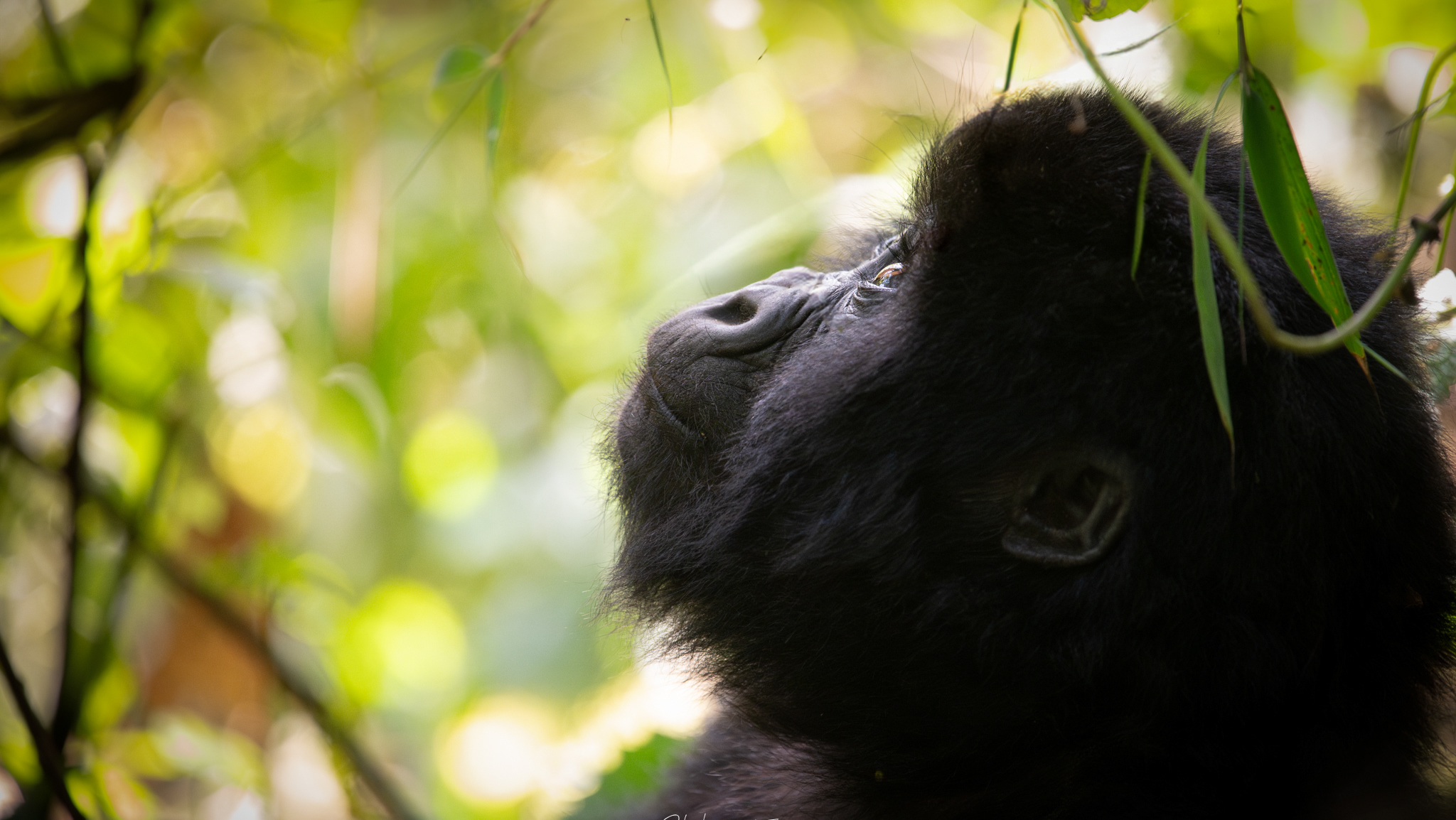While I was studying to become a psychologist, I realised I was on the wrong path. This is not to say I didn’t recognise the immense privilege of working closely with people through their struggles, but I knew I would always long for something different. I love working with people, but individual therapy left me feeling like an empty cup I couldn’t refill. And so I made the decision to make a drastic career change.
Luckily this coincided with a book I had found by Dr Ian MacCallum called Ecological Intelligence. As a psychiatrist he had weaved together a beautiful perspective about human wellbeing being intimately connected to the natural world. Finally I had found a way to combine my love for psychology with my passion for the environment.
After some more digging, I found the APA Division for Environmental Psychology and Conservation Psychology. I could feel the weight of uncertainty lift as a new career lay before me. I finished my master’s training in counselling psychology and immediately dived into finding a novel approach to conservation psychology.
Photo by Noah Buscher on Unsplash
At that point, conservation psychology had been primarily conceptualised by western scholars on topics such as behaviour and attitude change, perceptions about environmental protection, working in zoos, and so on. It became clear that it hadn’t been applied in an African context. As any researcher would know, gaps like this are hugely exciting! It meant there was room for growth and new perspectives in the field.
Initially many people I knew in the psychology field were confused by this merging of two vastly different disciplines. What on earth is conservation psychology and how would it look in practice?
Conservation psychology essentially recognises the deep link between humans and nature. This isn’t surprising, but it certainly isn’t an easy connection to make, especially for those who live in highly urbanised areas. We tend to think of nature as something ‘out there’. We forget that the health of the environment determines the health of people - think about water and air quality, pollution and disease, and viruses like Covid-19.
Photo by Allison Saeng on Unsplash
Compared to other fields within psychology, conservation work is relatively new with the APA establishing it as a division in the early 2000s. The topics it covers, however, are broad and can encompass human behaviour, attitudes, perceptions, and mental well-being. There is a growing group of psychologists who recognise the healing benefits of being in nature and use it as part of the therapeutic process. I leaned into behaviour change for a short while until my supervisor challenged my thinking. We spoke about environmental education and raising awareness amongst young South Africans, but he pointed out that these approaches don’t address fundamental issues that impact the way in which we see the environment. He recommended I read into environmental justice and I could feel the pieces fall into place.
Now my research interests include genuine participatory methods to ensure the communities surrounding protected areas are given genuine consideration in conservation decision making; issues of co-existence with wildlife and the larger natural world; photography as a method of storytelling and advocacy; and incorporating indigenous knowledge systems into conservation research.
Whether you have an interest in conservation or psychology, the field of conservation psychology is exciting and broad. As a psychologist or social scientist, you can incorporate environmental issues into your own work. And, as a conservationist, you can incorporate a stronger human element into your understanding of conservation issues. The two fields of research and practice are so closely aligned - after all, we are dependent upon a healthy natural world and without it our own health and well-being are threatened. Conservation psychology is also mission driven: our goal is to take action and find effective ways of protecting the natural world, both for its intrinsic value and the well-being of all who rely on it, human and non-human.
Photo by Clint McKoy on Unsplash









